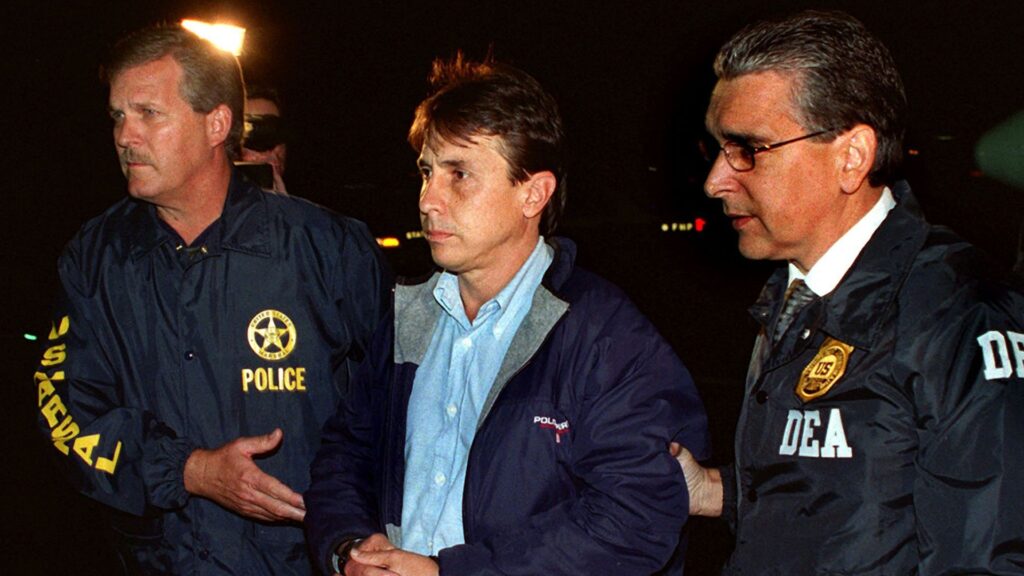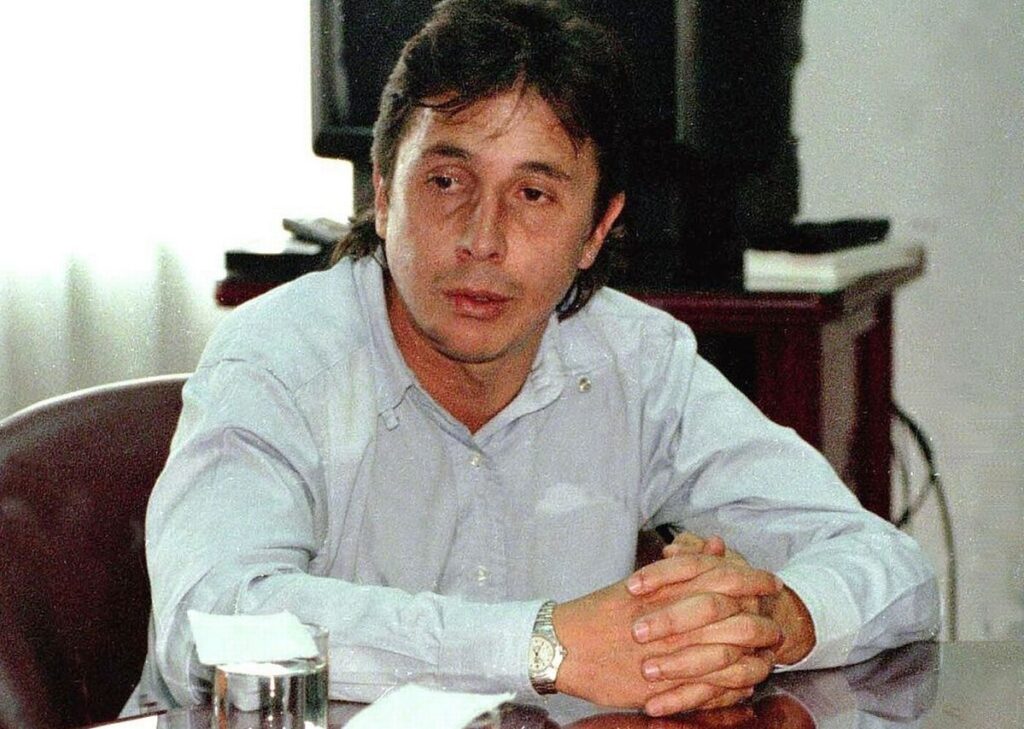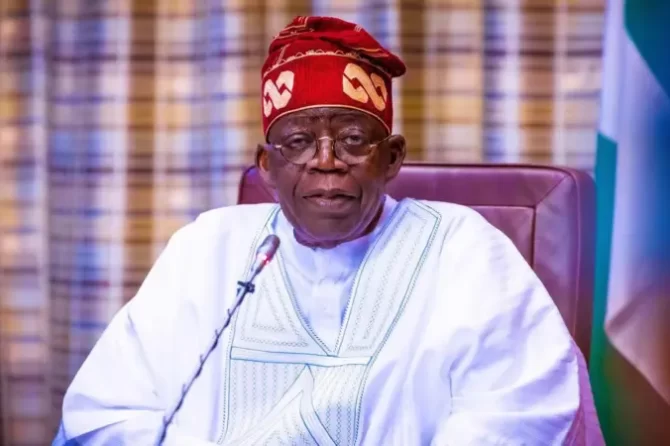A New Era of Debate: Drug Policy and Rehabilitation
Fabio Ochoa Vásquez’s release from a U.S. prison after 25 years has ignited intense discussions surrounding drug policy and rehabilitation. Consequently, this development raises concerns about the ongoing battle against narcotics. Moreover, the timing of Ochoa’s release coincides with the persistent opioid crisis in the United States, fueling worries among advocates for drug reform. The opioid epidemic has ravaged communities, claiming thousands of lives and overwhelming healthcare systems. In this context, the release of a high-profile figure like Ochoa sparks fears that it may undermine efforts to combat the crisis.

The Ongoing Opioid Epidemic and Public Trust
In particular, the release of high-profile figures like Ochoa could erode public trust in the justice system. Furthermore, critics argue that individuals with a history in organized crime may pose a continued threat to society. Therefore, the potential for Ochoa to re-engage in illicit activities is a pressing concern. The justice system’s ability to rehabilitate offenders is also under scrutiny. While rehabilitation programs aim to reform individuals, critics argue that they may not be effective in addressing the root causes of criminal behavior.
Global Implications and Colombia’s Struggle
Meanwhile, in Colombia, the Medellín Cartel’s legacy continues to impact efforts to combat drug-related violence and trafficking. Additionally, Ochoa’s release sparks fear that it may embolden other drug traffickers, complicating the country’s challenges. As a result, the Colombian government must reassess its strategies to address drug trafficking. Colombia has made significant progress in combating drug trafficking, but challenges persist. The country’s location makes it a hub for drug trafficking, and the legacy of the Medellín Cartel continues to influence the region.
Law Enforcement’s Response
In response to Ochoa’s release, law enforcement agencies in the U.S. and Colombia are on high alert. Therefore, authorities are coordinating efforts to monitor former cartel members and assess potential threats to public safety. Meanwhile, international cooperation is crucial to prevent the resurgence of cartel activity. The U.S. and Colombia have a long history of cooperation in combating drug trafficking, and this collaboration is essential in addressing the global implications of Ochoa’s release.
Public Sentiment and Calls for Reform
Public reaction to Ochoa’s release is divided. While some express anger and concern, others advocate for a broader focus on drug policy and criminal justice reform. Consequently, advocacy groups seize this opportunity to push for changes addressing the root causes of drug abuse and trafficking. Advocates argue that the war on drugs has failed and that a more comprehensive approach is needed. This approach should focus on rehabilitation, harm reduction, and addressing social and economic factors contributing to drug abuse.
A Path Forward: Collaboration and Reform
Ultimately, Fabio Ochoa Vásquez’s release serves as a pivotal moment in the ongoing discussion about drug policy and organized crime. By addressing the root causes of drug abuse and fostering a comprehensive approach to drug policy, society can work towards mitigating the impact of drug trafficking and its associated violence. Hence, collaboration and reform are essential to create a safer future. The release of Ochoa Vásquez highlights the need for a multifaceted approach to address drug trafficking, one that incorporates law enforcement, public health, and social services.

The Way Forward: Recommendations
1. *Comprehensive Rehabilitation Programs*: Implement evidence-based rehabilitation programs that address the root causes of criminal behavior.
2. *International Cooperation*: Enhance collaboration between the U.S. and Colombia to prevent the resurgence of cartel activity.
3. *Harm Reduction Strategies*: Implement harm reduction strategies, such as needle exchange programs and safe injection sites.
4. *Addressing Social and Economic Factors*: Address social and economic factors contributing to drug abuse, such as poverty and lack of access to healthcare.
5. *Public Education and Awareness*: Launch public education campaigns to raise awareness about the dangers of drug abuse and the importance of seeking help.
Conclusion
Fabio Ochoa Vásquez’s release serves as a complex chapter in the ongoing war on drugs. The global implications of his release underscore the need for a comprehensive approach to addressing drug trafficking. By addressing the root causes of drug abuse and fostering collaboration and reform, society can work towards creating a safer future. The release of Ochoa Vásquez highlights the importance of a multifaceted approach to address drug trafficking, one that incorporates law enforcement, public health, and social services.

















